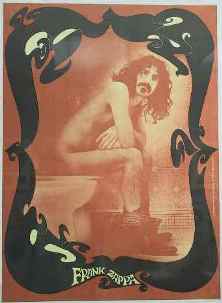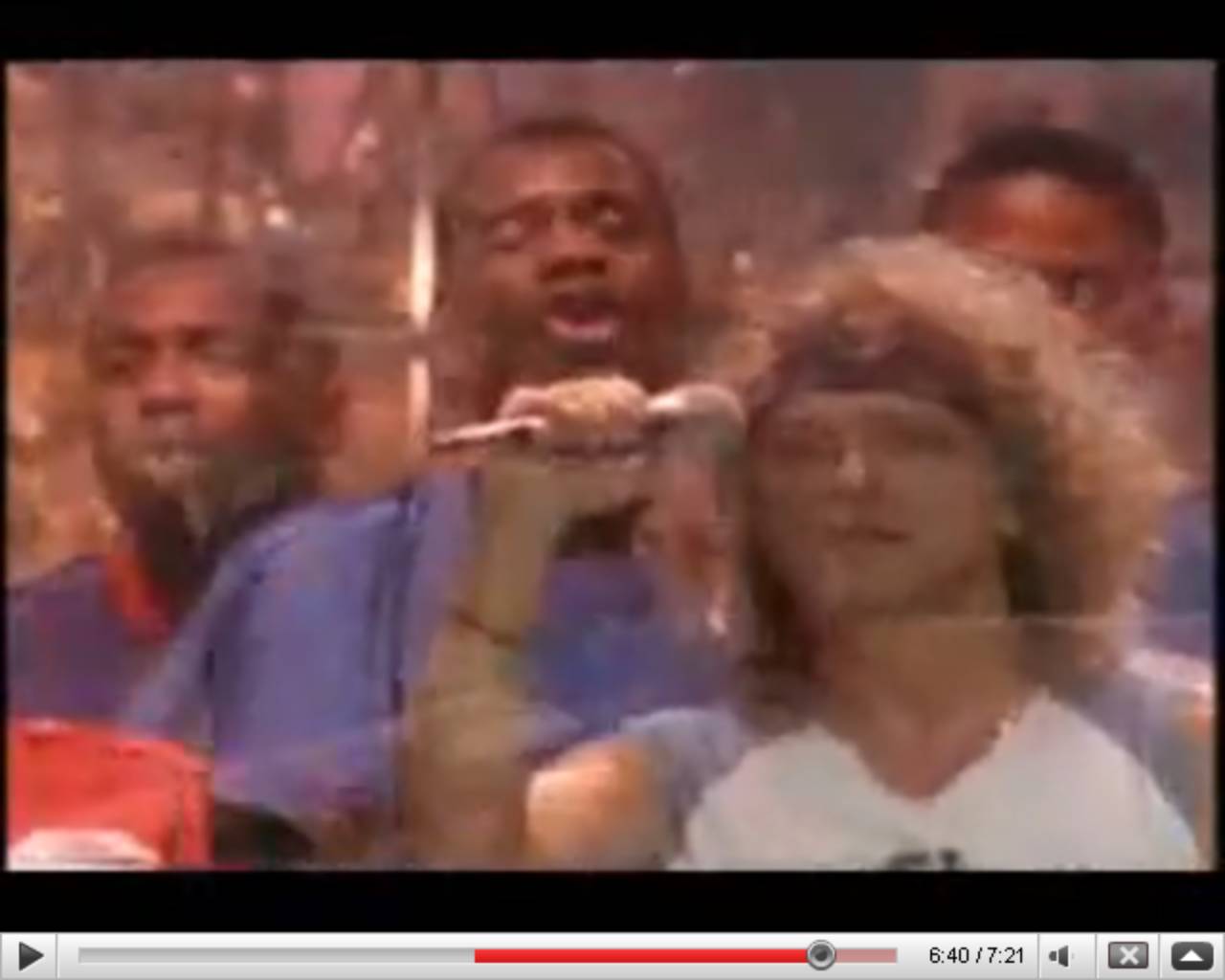The Monkees didn’t act alone. The Beatles also performed to backing tracks during their legendary rooftop performance in the film Let It Be, Beatles drummer Bernard Purdie confessed to Rock Town Hall just a couple of weeks following the 30th anniversary of the last live appearance by the band.
“The Let It Be performances were all on tape,” Purdie said. “There was no way you could set up a full band in five minutes with microphones, get all the settings right, and expect to get quality sound. It took the band long enough to record the music for Let It Be. There was only so much money left in the budget to get this performance on film, and truth be told we didn’t know how much time we could expect the four of them to wait around while the crew set up.”
According to Purdie, the band members’ off-mic asides were the only part of the performance that was not pre-recorded. After all, you never knew what priceless aside might come out of the mouths of the Fab Four! (The Beatles’ label PR had no comment for rocktownhall.com by press time.)
“It’s not fraudulent, it’s the opposite of fraud — it’s not like The Supremes‘ farewell performance on tv,” said Purdie, referring to the popular Motown group whose performance continued through a fade out long after Diana Ross had left the stage and the remaining Supremes clearly stopped moving their mouths.
“There were too many variables keeping the instruments in tune while playing outside in cold weather,” he continued. “You can’t control the environment, so the smart decision is to record the performance and play along with it… It was too big of an event to risk something going wrong. Film and music are not always a happy marriage.”



